The Oscar winners of the future
From augmented reality to interactive films, cinema is going high-tech
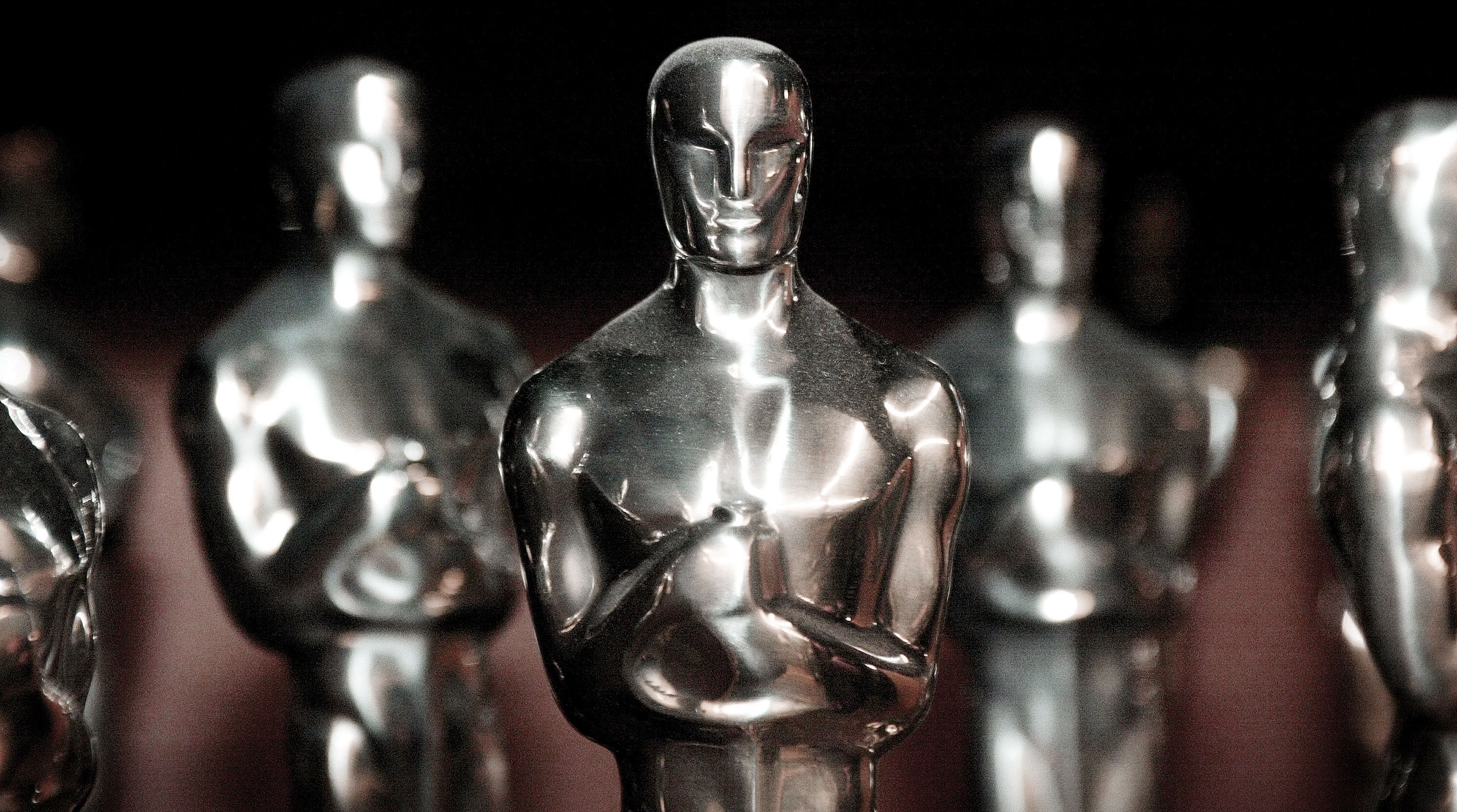
Rapid developments in digital technology are changing not only the movies we see, but also the way we experience them.
This Sunday, the 90th Academy Awards will celebrate the very best of the past year’s films, from a shortlist that was praised as adventurous and forward-looking. In a few years, though, they may seem less cutting-edge.
It’s not their fault: when the state of the art is constantly advancing, nothing is modern for long. Sophisticated camera technology, sound projection and image rendition are enhancing picture quality, while the latest innovations in cinema design mean audiences may soon be playing a more interactive role at the movies.
The Week
Escape your echo chamber. Get the facts behind the news, plus analysis from multiple perspectives.

Sign up for The Week's Free Newsletters
From our morning news briefing to a weekly Good News Newsletter, get the best of The Week delivered directly to your inbox.
From our morning news briefing to a weekly Good News Newsletter, get the best of The Week delivered directly to your inbox.
By the time the Star Wars franchise reaches its conclusion, you may even be watching from behind the controls of your own Millennium Falcon.
Cameras
For the past few years film-makers have been exploring the potential of drone cameras, and even with the technology still in its infancy the results have been impressive.
Now technology companies are working on drones that can be deployed from cars, combining high-definition cameras with infrared ground-penetrating radar systems. Expect to see more of these images in sci-fi and political thrillers.
In fact, science fiction is struggling to keep up with the real world. In the recent Blade Runner 2049, officer K has a flying car equipped with a detachable drone that he controls with voice commands. This technology already exists: the latest GoPro Cameras are voice-controlled, while new drones from DJI can be controlled with simple hand gestures.
High-frame rate cameras have also attracted attention, but not always for the right reasons. Peter Jackson upset fans of the Hobbit movies when An Unexpected Journey became one of the first major cinema releases to be screened at 48 frames per second instead of the traditional 24fps. Jackson believes the higher frame rate, which reduces motion-blur during fast-paced action sequences, is a big step forward, but some viewers complained that the super high-definition look killed the movie magic by revealing flaws in make-up and production design.
Jackson’s contemporary and long-standing Rolex Testimonee, James Cameron, nevertheless remains a devotee of the technology, and is planning to shoot his next three Avatar films at 60 frames per second or more, and possibly at as many as 120 frames per second. Fans can decide on the results when Avatar 2 comes out in 2020.
Projection
Cameron is also enthusiastic about 3D movies, but says their success will depend on improvements in projection technology. “I’m still very bullish on 3D,” he told the Society of Motion Picture and Television Engineers last year. “But we need brighter projection, and ultimately I think it can happen - with no glasses. We’ll get there.”
New forms of projection are already gaining a foothold. The new “Imax with laser” cinema in Leicester Square uses a laser light source instead of a xenon arc lamp, resulting in a brighter, sharper picture and a wider colour range.
Sony and Samsung, meanwhile, are testing new large-format LED display screens that could do away with the need for projectors altogether, says the Hollywood Reporter. At CinemaCon this year, Sony played a clip from the Ang Lee film Billy Lynn’s Long Halftime Walk (below) in 4K superhigh resolution and at 120 frames per second. The system can also display 3D films at 60 frames per second.
Sound
Dolby Digital ushered in the first revolution in cinema sound reproduction in the early 1990s, when Batman Returns became the first film to benefit from the multi-speaker surround-sound effect of the technology.
Now it is being superseded by Dolby Atmos, which uses up to 64 speakers embedded in the walls and ceiling of the cinema, as well as behind the screen itself, to create an all-enveloping field of sound.
The result is that sounds can be located more precisely on the screen or in front of it, for example when noisy objects fly over the audience. The technology can also make car chases and crowd scenes more real.
Virtual reality
Stephen Spielberg’s forthcoming sci-fi feature, Ready Player One, is being hailed as a potential game-changer for virtual reality. The film, based on a novel by Ernest Cline, follows a teenager on his search for an Easter egg - a hidden message in a virtual reality game - that will change his fortune in a dystopian world. According to Variety, Speilberg is reportedly planning to use portable mobile headsets to deliver VR experiences to audiences when the film premieres in March.
Augmented reality is less advanced, but it may eventually become the more pervasive technology. Unlike VR, which replaces the real world with a simulated one, AR supplements a user’s experience of the real world with computer-generated sound, video, graphics or GPS data. For example, a digitally generated bird might fly around the viewer’s bedroom, responding to gestures or commands.
So far the technology has mostly been used for video games, such as Fragments for Hololens, in which players become a detectives who must solve a mystery by using clues they find in their own rooms.
But AR also has great potential at the movies, where it could enable characters to appear in the cinema to interact with audiences, or give fans the sense that they are piloting the spacecraft they can see on the screen.
The cinema experience
If that sounds a little too intense, help may be at hand from another technological development.
Cinema chains may soon be able to give audiences far more choices, including adaptable viewing environments and on-demand programming, Inc reports. One viewer may opt for “a vibrant immersive and interactive environment” for the latest action blockbuster, while another might want a quiet, dark space to watch film noir.
For most cinema-goers of the future, however, a trip to the movies will be anything but dark and quiet.

Rolex is the Exclusive Watch of the Academy Awards and supports the Academy of Motion Picture Arts and Sciences in its preservation of cinematic history and its celebration of achievement. Among those who have received accolades from both Rolex and the Academy are James Cameron, Kathryn Bigelow, Martin Scorsese and Alejandro González Iñárritu.
Rolex also supports the film-makers of the future through its philanthropic programme, the Rolex Mentor and Protégé Arts Initiative, on which Alfonso Cuarón, Alejandro González Iñárritu and Martin Scorsese, among others, have worked as mentors.
“Rolex supports inspiring individuals and organisations who achieve great heights in both the sporting world and the arts,” said Arnaud Boetsch, Rolex’s Director of Communication & Image. The film directors who work with the company “share with Rolex the understanding of the importance of time and making a mark on the world through excellence in storytelling”.
A free daily email with the biggest news stories of the day – and the best features from TheWeek.com
-
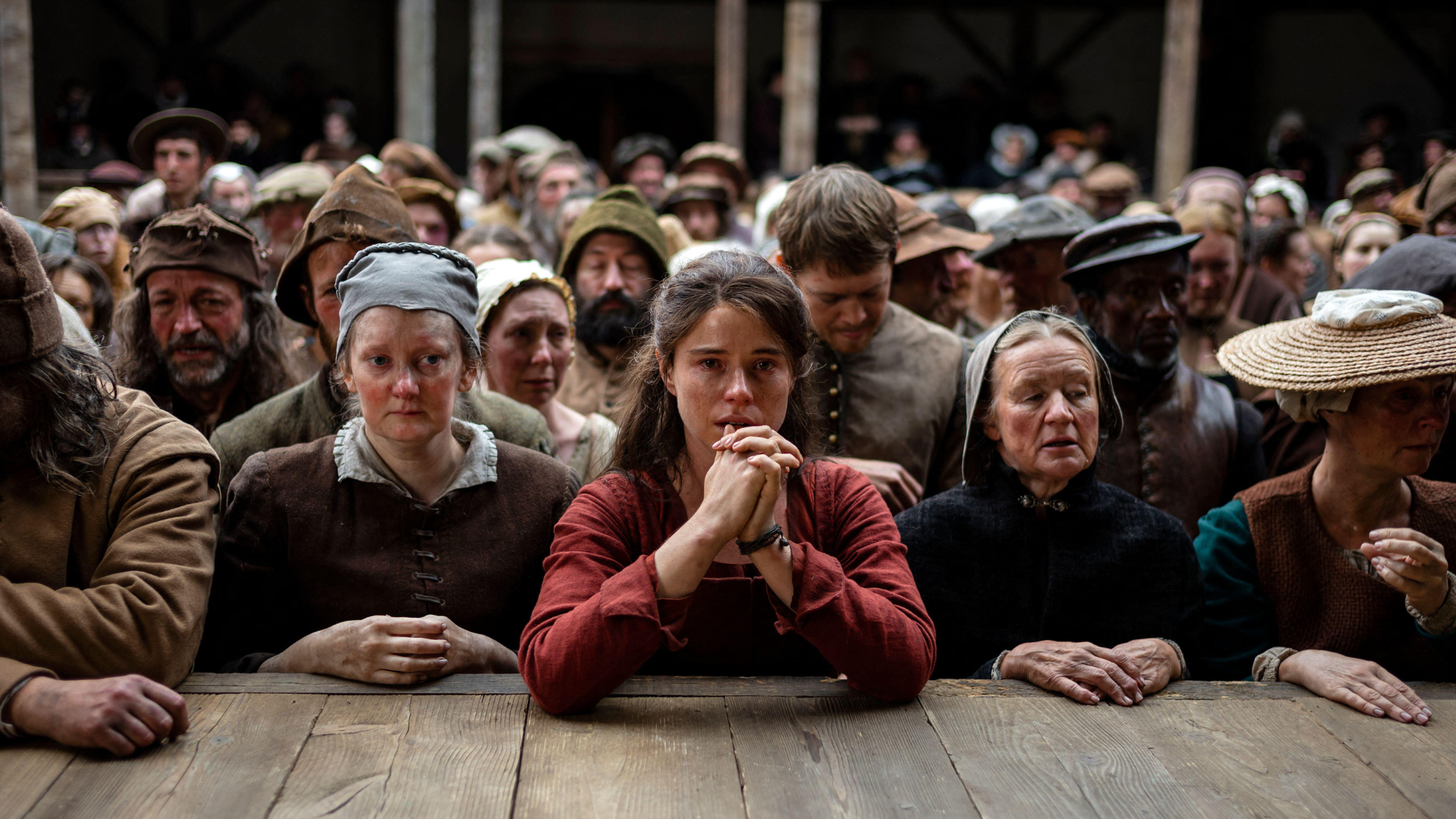 Hamnet: a ‘slick weepie’ released in time for Oscar glory?
Hamnet: a ‘slick weepie’ released in time for Oscar glory?Talking Point Heartbreaking adaptation of Maggie O’Farrell’s bestselling novel has a ‘strangely smooth’ surface
-
 The ultimate films of 2025 by genre
The ultimate films of 2025 by genreThe Week Recommends From comedies to thrillers, documentaries to animations, 2025 featured some unforgettable film moments
-
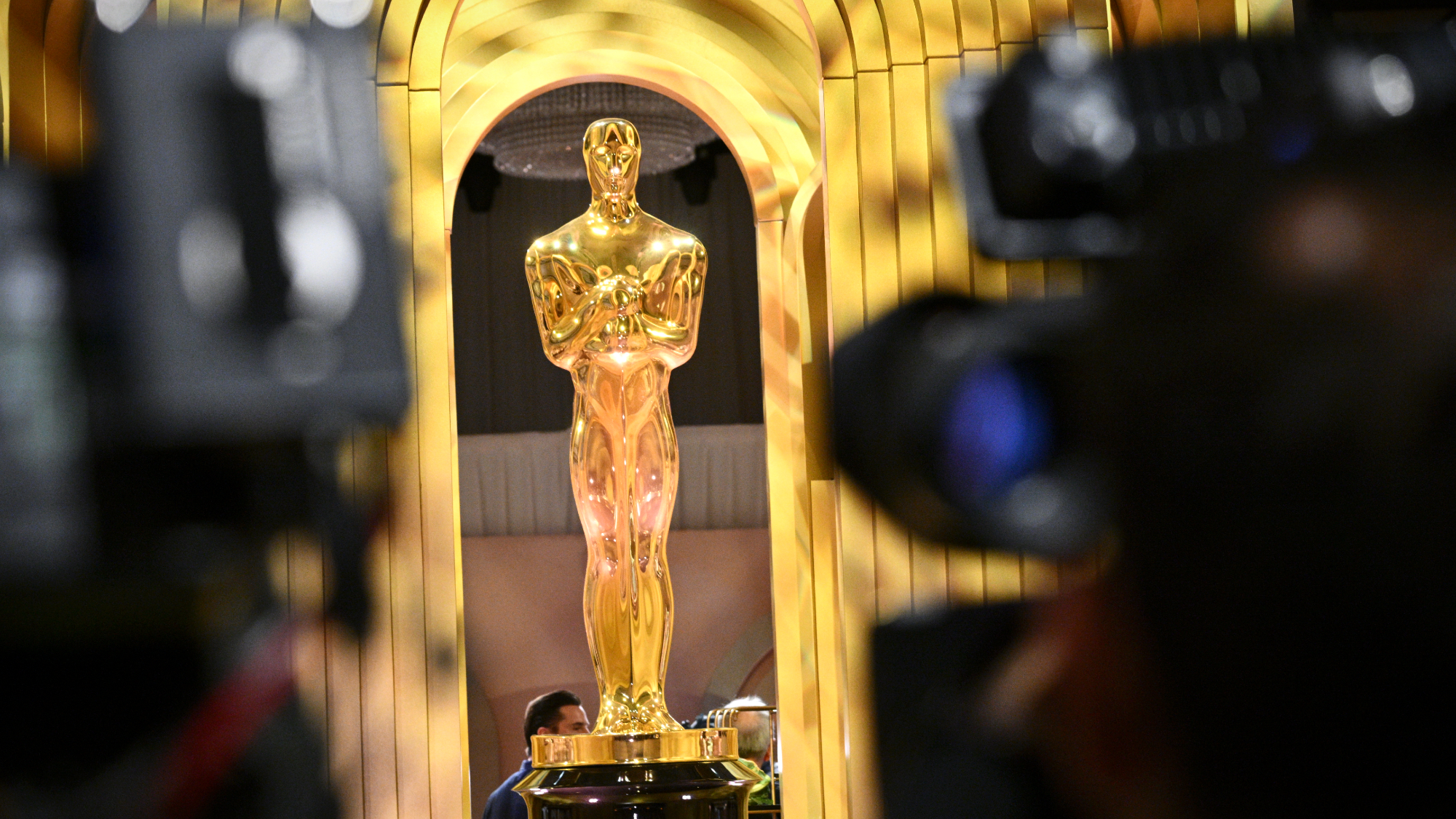 Oscars jump to YouTube after decades at ABC
Oscars jump to YouTube after decades at ABCSpeed Read The awards show will be broadcast worldwide on YouTube starting in 2029
-
 One Battle After Another: a ‘terrifically entertaining’ watch
One Battle After Another: a ‘terrifically entertaining’ watchThe Week Recommends Paul Thomas Anderson’s latest release is a ‘high-octane action thriller’ and a ‘surefire Oscar frontrunner’
-
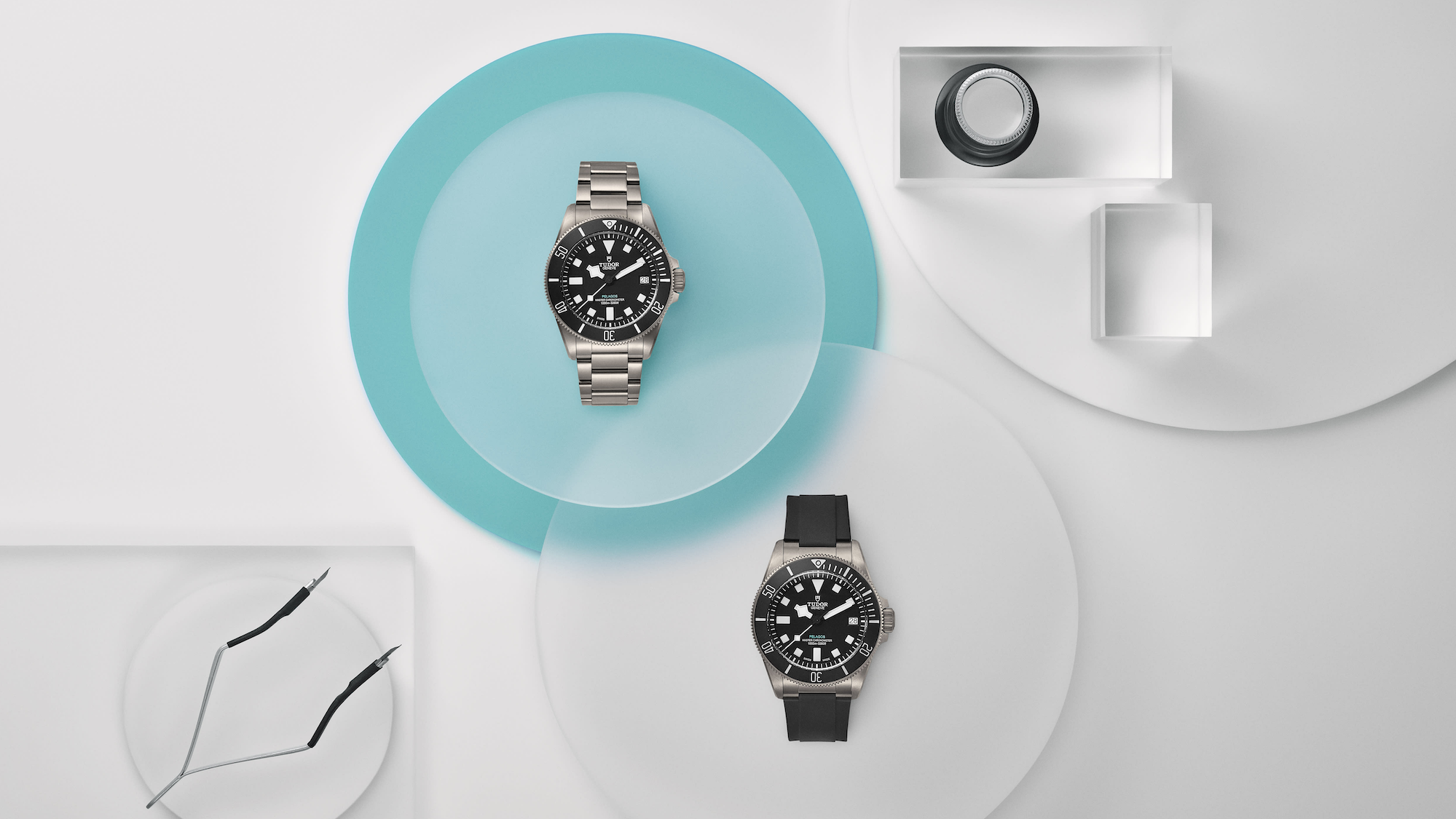 Five trailblazing watch releases
Five trailblazing watch releasesThe Week Recommends Luxury brands embraced dynamic and playful designs full of technical innovation at Watches and Wonders 2025
-
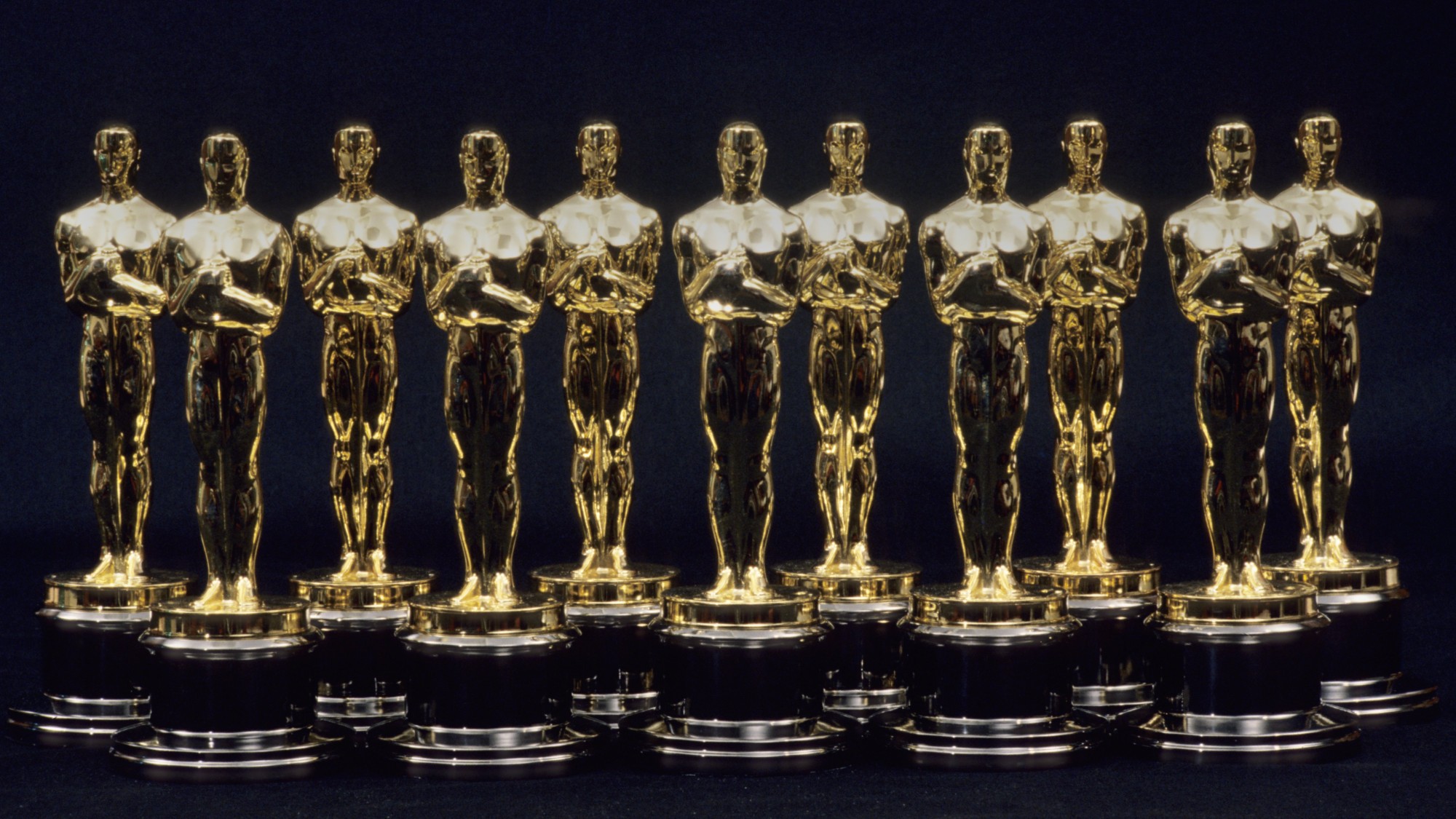 And the Oscar goes to … no one in particular: Movies made with AI can now win awards
And the Oscar goes to … no one in particular: Movies made with AI can now win awardsUnder the radar Generative AI is no longer a barrier to acclaim
-
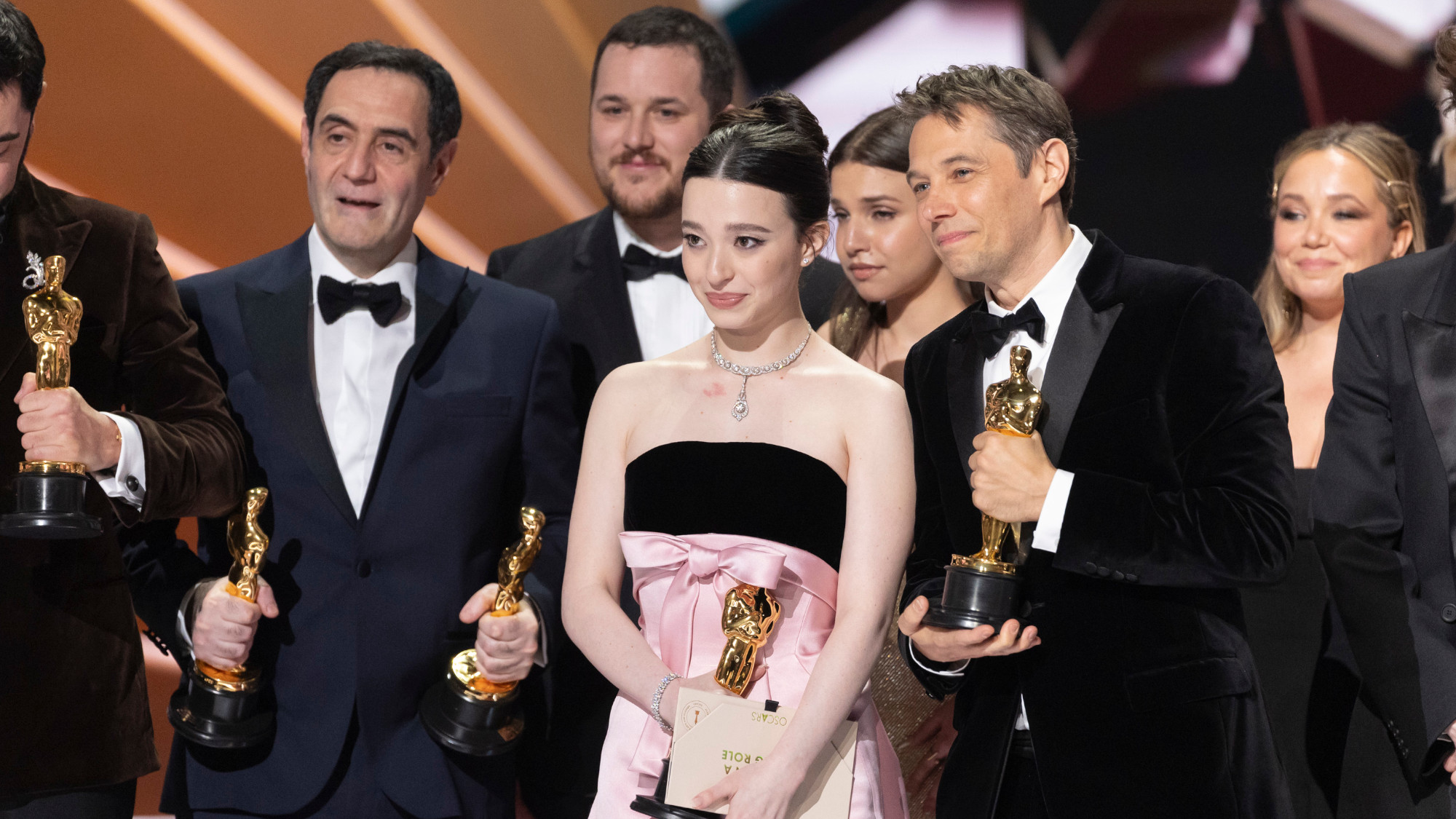 Oscars 2025: Anora’s Cinderella triumph
Oscars 2025: Anora’s Cinderella triumphFeature The film about a stripper who elopes with the son of a Russian oligarch takes home four Oscars
-
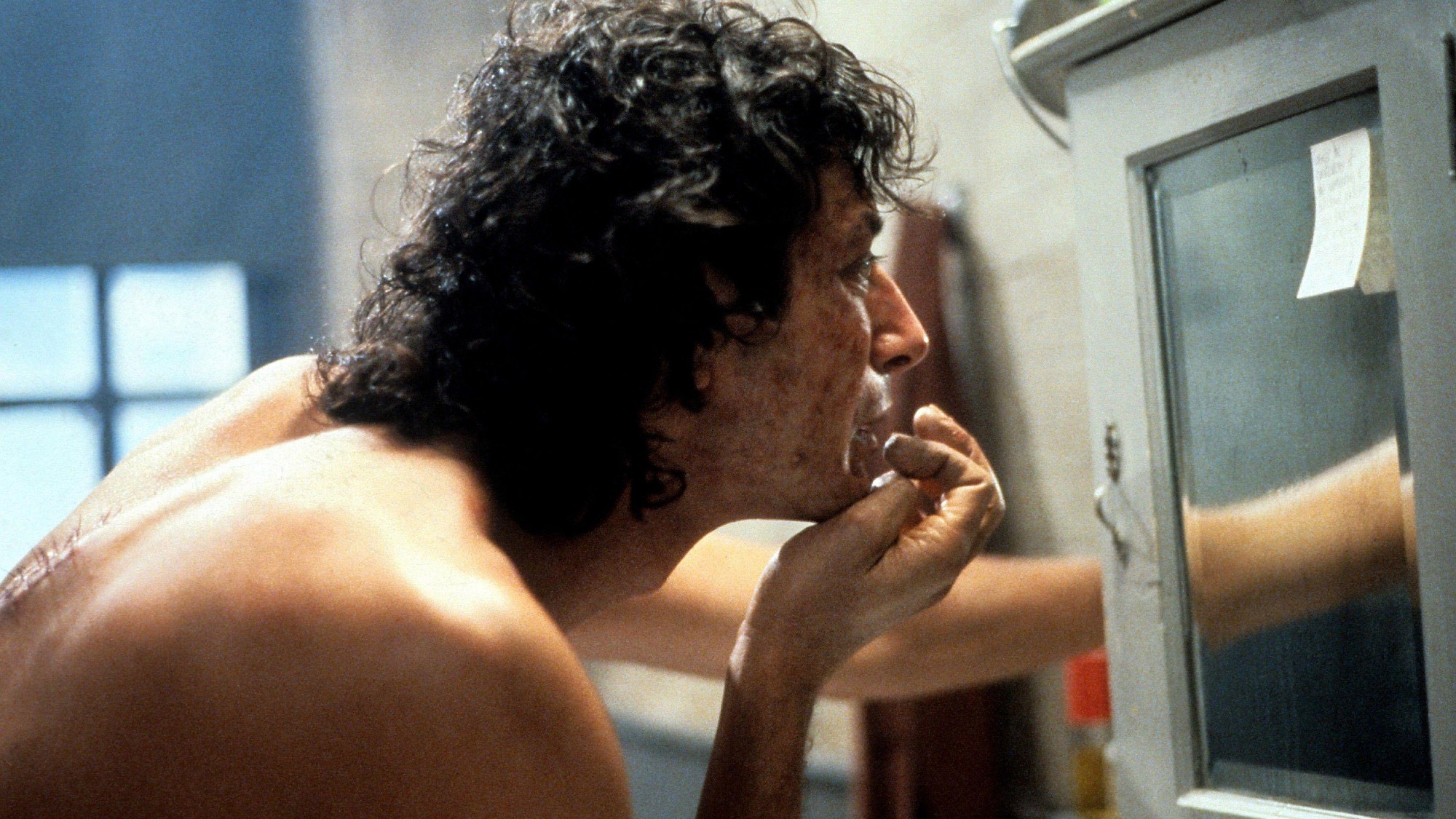 The best body horror movies of the last half-century
The best body horror movies of the last half-centuryThe Week Recommends If 'The Substance' piqued your interest, these other films will likely be your speed


